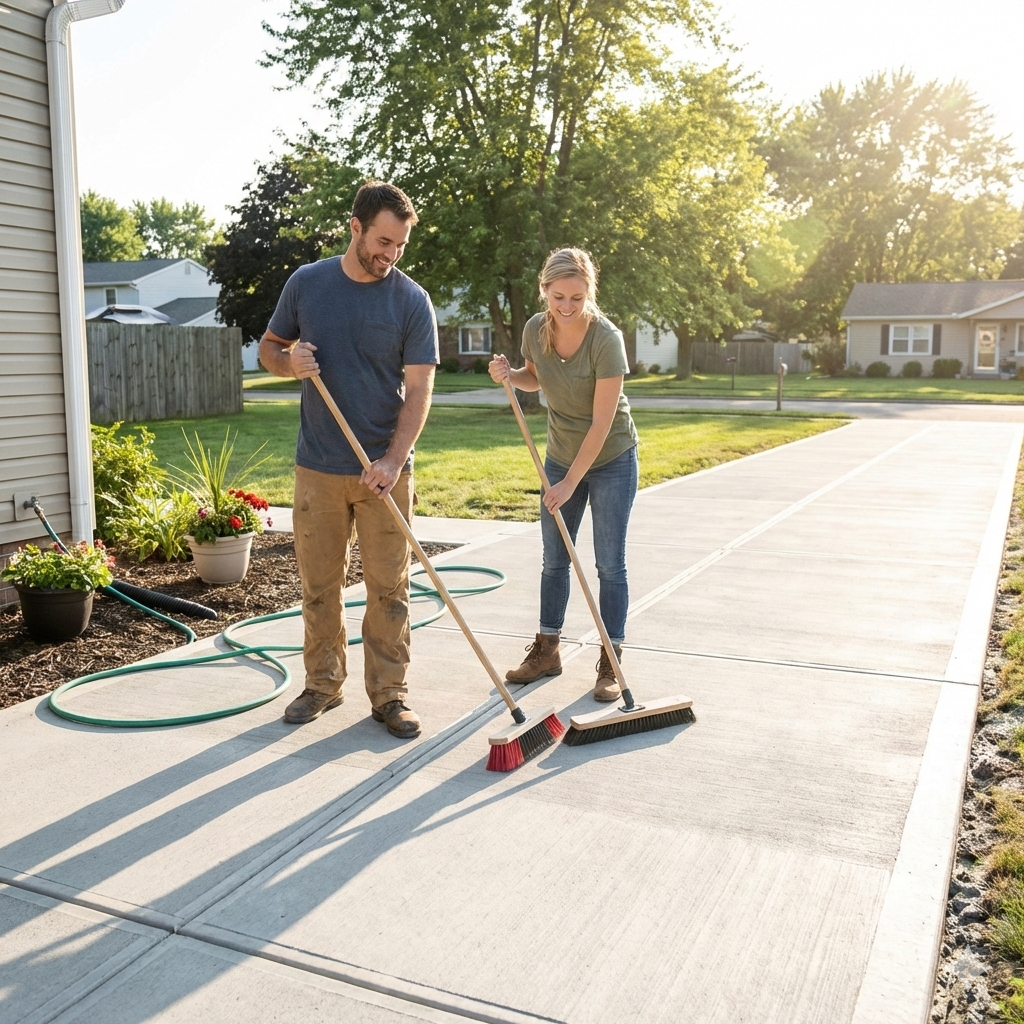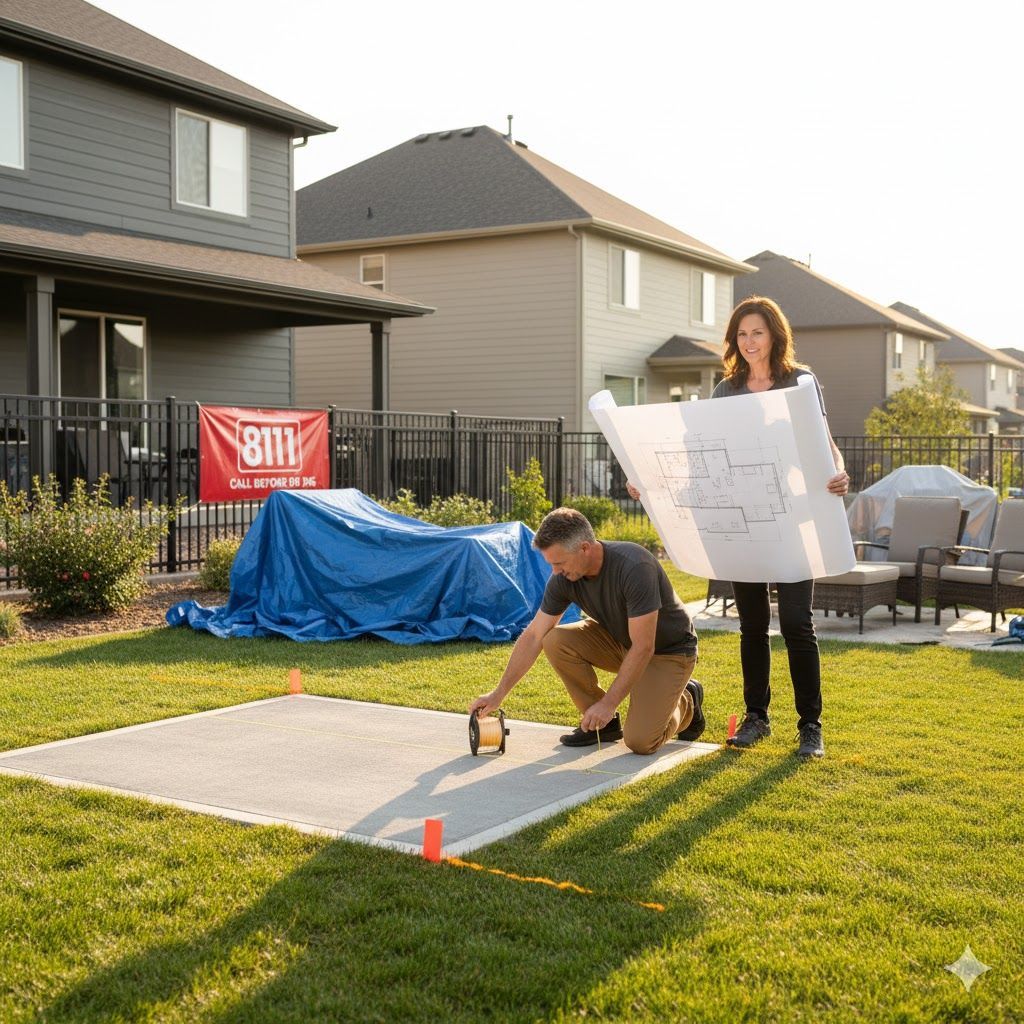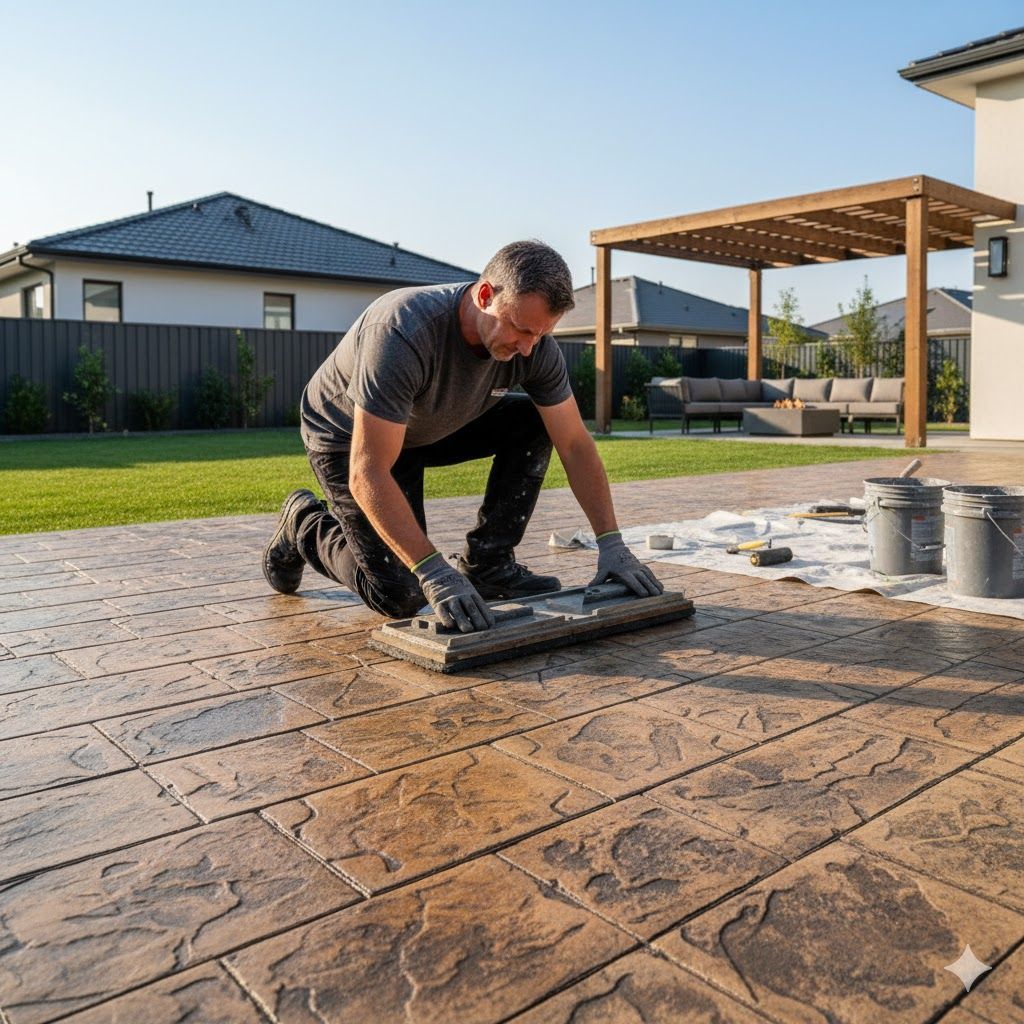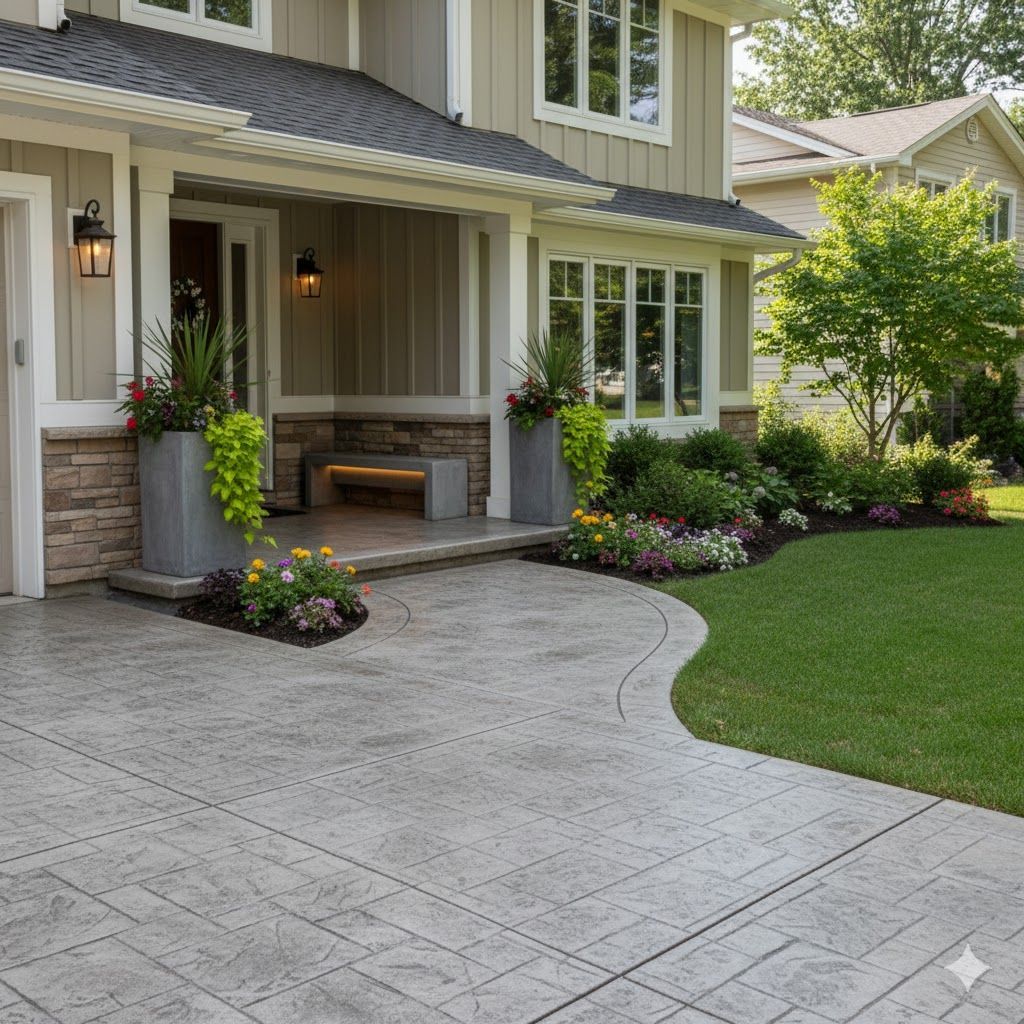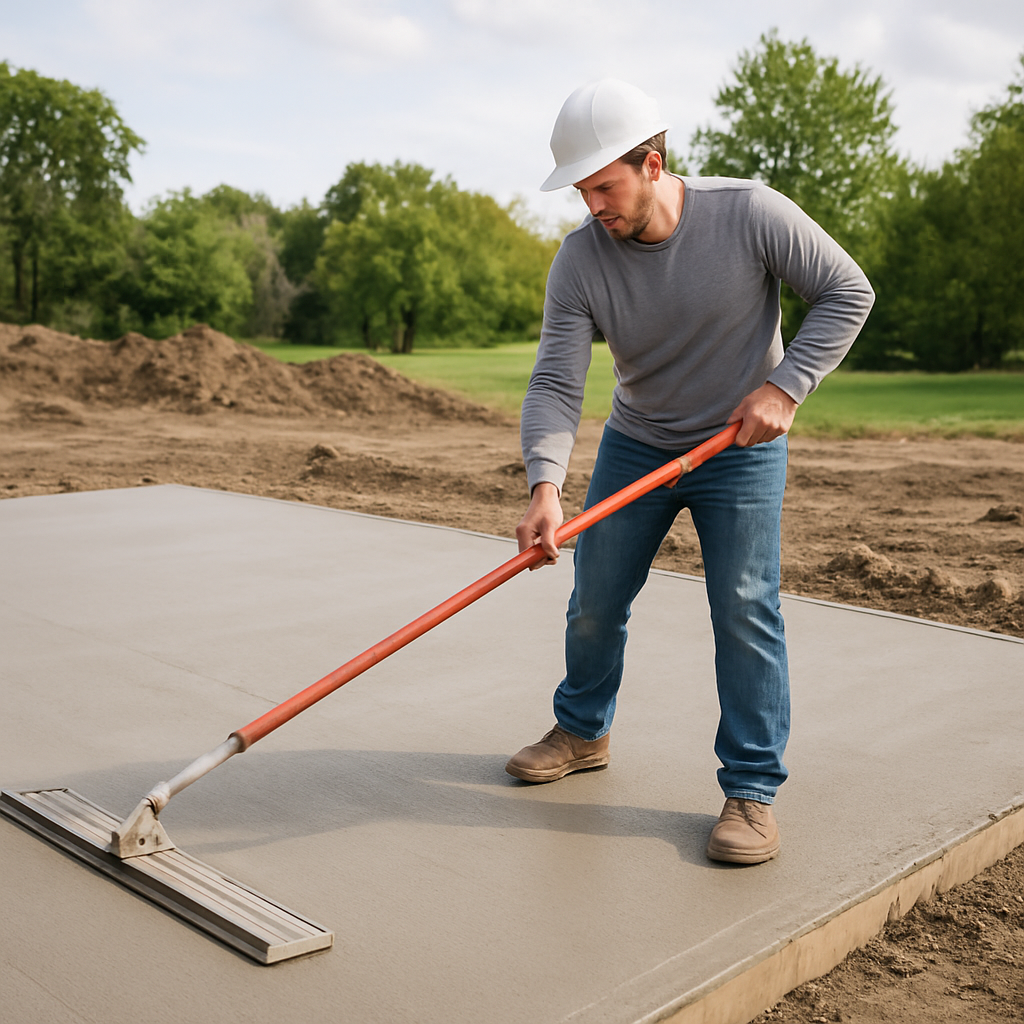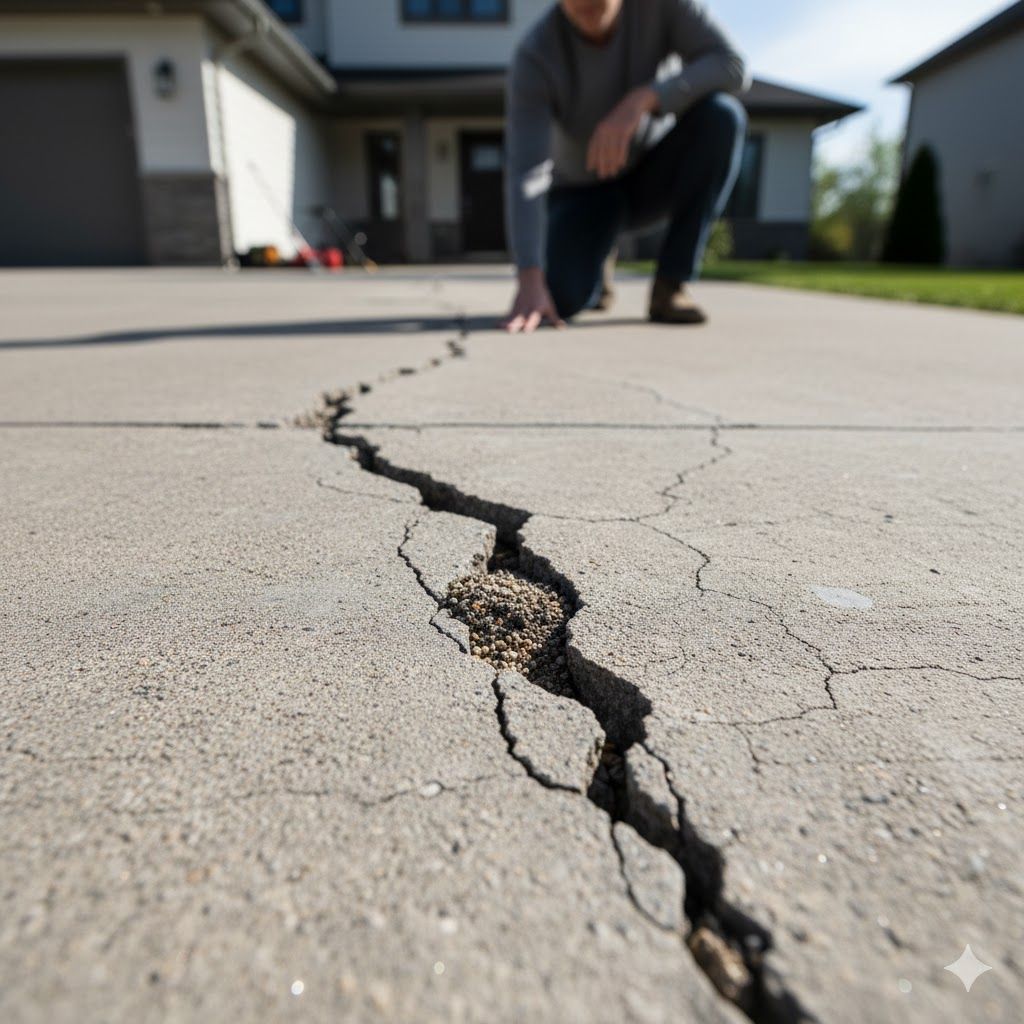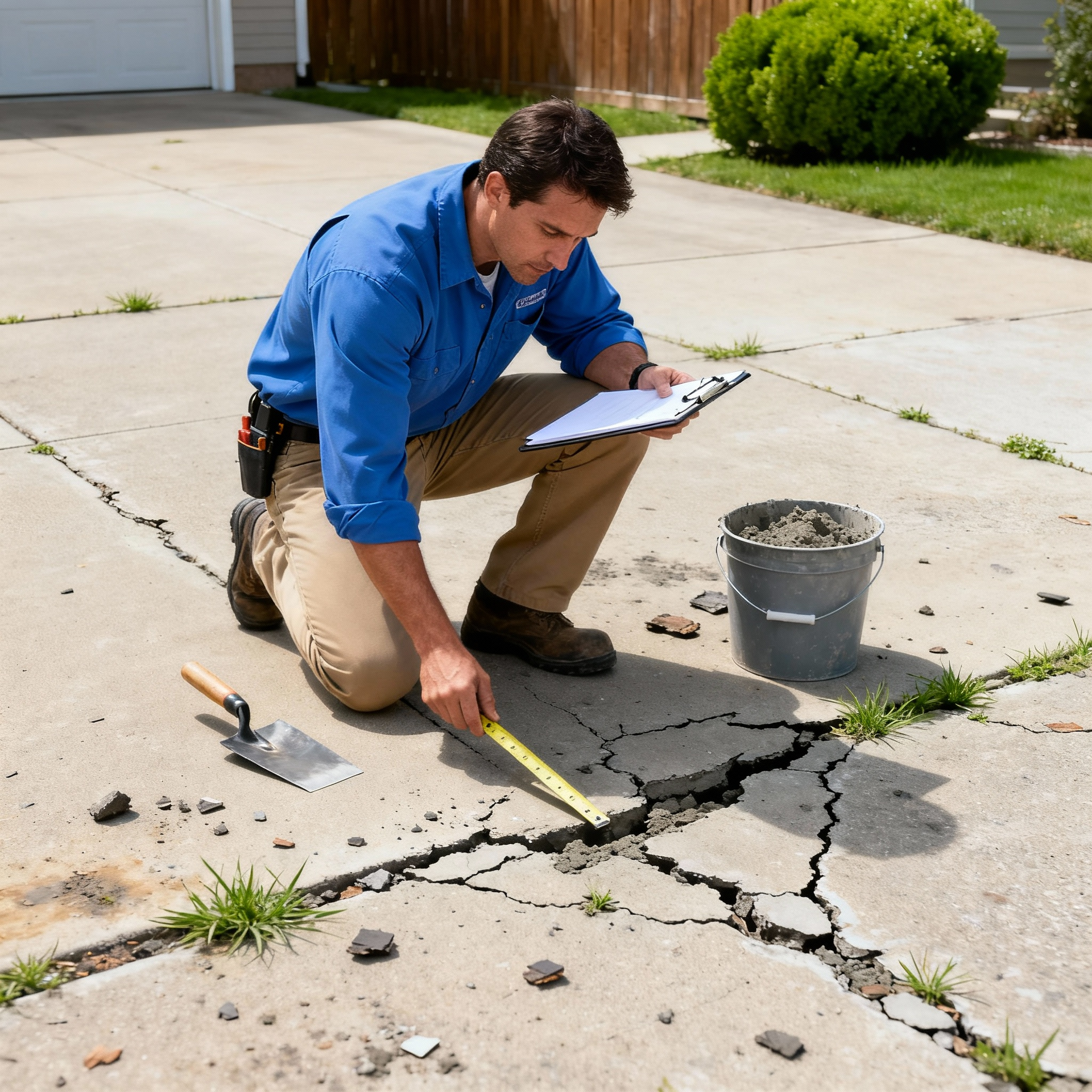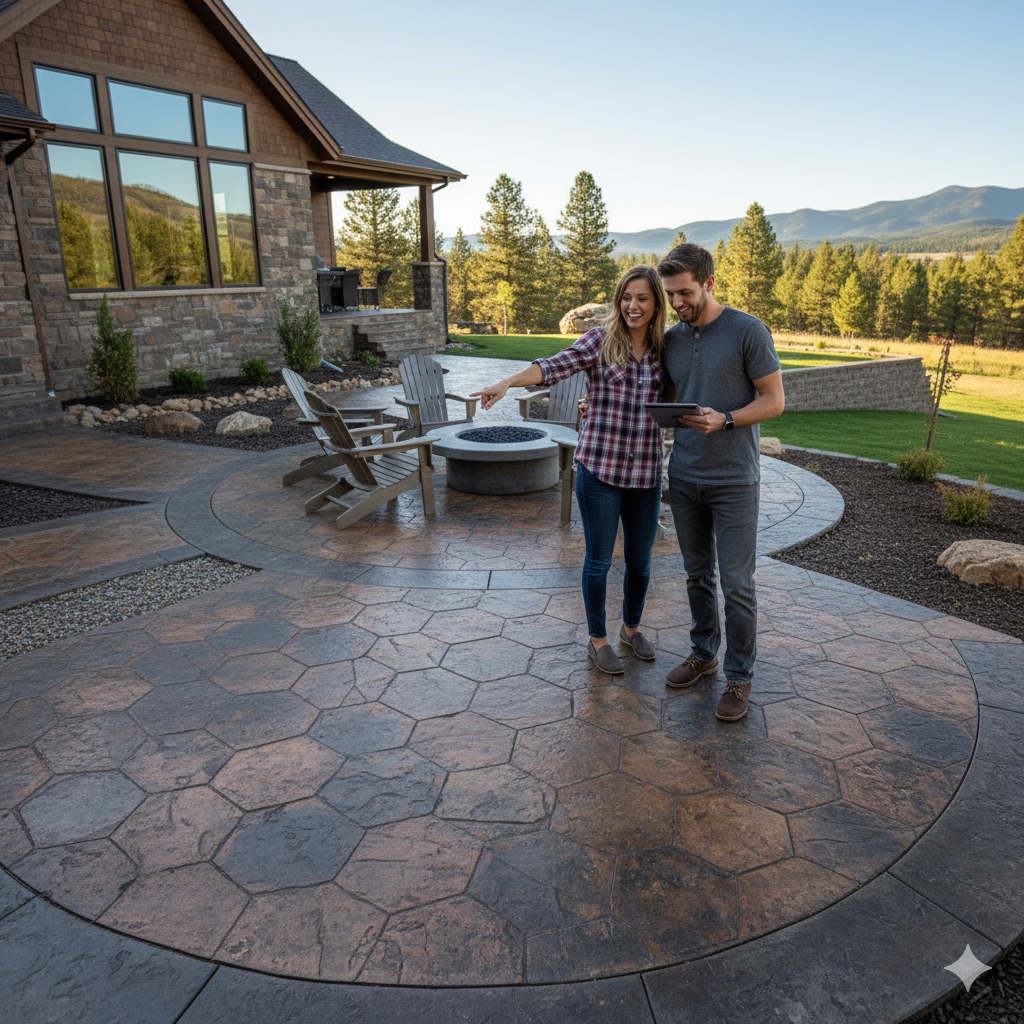When you’re planning a project involving concrete concrete—whether it’s a stamped patio, a poured driveway, or foundation repair—it’s vital to find a contractor who knows precisely what they’re doing. As a homeowner, you hold the power to ask the right questions, ensure quality work, avoid surprises, and protect your investment. In this listicle-style post, we’ll walk through six essential questions to ask a concrete contractor. Use these questions to feel confident and informed when meeting with bids, reviewing contracts, and selecting a professional for your job.
1. Are you licensed, insured, and experienced with projects like mine?
The first question to ask any contractor is about credentials and relevant experience. When your project deals with concrete concrete, the stakes are high—mistakes can lead to cracking, settling, or costly repairs.
Ask to see proof of licensing and insurance. A contractor who carries workers’ compensation and liability insurance protects you from liability if something goes wrong on-site.
Verify their experience with the
type of work you’re doing: stamped concrete, standard slab pours, foundation repair, etc. You want someone who has done the exact job you need.
Ask for references or a portfolio of past jobs. A photo of a stamped concrete patio or a poured driveway that turned out well can be a strong indicator of craftsmanship
“Work quality, reputation, and being licensed and insured all trump price as the top factors in selecting a pro.”
HIRI
This quote reminds us that when concrete is involved, cutting corners or picking solely on cost is risky.
By choosing a contractor with the right credentials and experience, you increase the odds your concrete concrete project will go smoothly.
2. What is your process from start to finish for this project?
Once you’ve narrowed down contractors, ask them to walk you through the full process for your specific concrete job. Understanding their approach helps you anticipate how the work will proceed, how disruptions are managed, and how quality is ensured.
Key process points to explore:
Site prep: Will they remove existing concrete? Level the soil or base? Add gravel or rebar if needed?
Pouring or stamping: What type of concrete mix will they use? What strength (e.g., psi) and additives? For stamped concrete: what pattern, color, and sealant?
Curing and finishing: How long before you can walk or drive on it? How will they prevent cracking?
Clean up and warranty: Will they clean the site? What kind of follow-up or warranty do they provide?
The more clearly the contractor describes these steps, the more you’ll know you’re dealing with a seasoned pro. This is especially true when handling concrete concrete in foundations or heavy-use areas like driveways.
3. What materials and methods will you use—and why?
Concrete may look simple, but the difference in materials and methods can be huge when it comes to longevity, performance, and aesthetics.
Ask questions like:
What concrete mix strength are you using (e.g., 3,000 psi, 4,000 psi)?
Will you use reinforcement (rebar, wire mesh)?
For stamped concrete: what sealants or stains will you apply to protect color and texture?
What steps do you take to prevent cracking, shrinkage, or settling?
How will the finished surface be protected during curing and after?
According to industry data, the concrete-contracting segment in the US generated about USD 76.4 billion in revenue in 2023, underscoring the immense scale and importance of proper methods in this field.
GlobeNewswire
By drilling into materials and methods, you reinforce your authority as the homeowner and help ensure the project meets standards—not just cost-cutting shortcuts.
4. What is your estimated timeline, and what factors might cause delays?
Time is money. When hiring a contractor for concrete concrete, you want realistic estimates for when work will begin and end—and you want to know what can throw things off.
Questions to ask:
When can you start?
How many days will the project take?
What about weather, local permitting, or supply delays?
Is the schedule impacted if you choose special finishes or colours (as with stamped concrete)?
Will delays cost more—and how will extra costs be handled?
By getting a clear timeline and understanding of risk factors, you’ll avoid surprises like extended block-off periods for your driveway or patio and unexpected costs if the schedule slips.
5. How will you handle costs and changes—what is included and what isn’t?
Budget clarity is key. For any concrete project—particularly one dealing with concrete concrete—you want to know exactly what’s included, what could trigger extra charges, and how changes are managed.
Ask:
Can you provide a detailed bid listing itemised costs (materials, labour, clean-up, disposal, permit fees, warranty)?
Does the bid cover full site disposal of old concrete if applicable?
If during the job you requested additional features (extra colour/stamp, edging, slope adjustment) how will that affect cost?
What payment schedule do you require (deposit, milestones, final payment)?
Do you offer a warranty or guarantee on materials and workmanship? How long and what does it cover?
Transparent cost and change-management practices help you avoid surprise bills—which is especially critical when dealing with big jobs like foundations or large poured slabs.
6. What warranty, maintenance requirements, and future care should I plan for?
The job isn’t finished the day the concrete is poured or stamped. Ensuring your contractor has a plan for warranty, maintenance, and care will protect your investment.
Important to cover:
What warranty do you provide (years of workmanship, materials)?
For stamped concrete: what maintenance (resealing, cleaning) is required and at what intervals?
What should I do to avoid premature cracks, stains, or surface wear?
If a problem arises later (settling, cracking, improperly finished joints), how will you address it and what is covered?
Can you supply written instructions for homeowner care post-job?
Having this conversation up-front helps you budget for maintenance and makes sure the contractor stands behind their work—something you absolutely want when your project centres on concrete concrete.
“Work quality, reputation, and being licensed and insured all trump price as the top factors in selecting a pro.” — Home Services Study 2024 HIRI
According to a 2024 study on home services, “44% of homeowners tackled a home maintenance project over the past year… and four out of five of those hired a professional.” HIRI
This underlines how frequently homeowners engage contractors—and why asking the right questions is essential when hiring for a concrete job.
Hiring the right contractor for your concrete concrete project doesn’t need to be stressful. By asking the six questions above, you’ll be well-positioned to vet pros, compare bids, anticipate the process, and ensure high-quality results. A well-executed concrete job adds value and durability to your home—so invest time in selecting the right partner.
FAQ Section
Q: How do I know if I need a specialist concrete contractor for foundation repair vs. a general contractor?
A: If your job involves structural elements like a foundation, retaining wall, or load-bearing slab, look for a contractor whose core business is concrete work and who has foundation repair experience. General contractors may subcontract the actual concrete work—ask who will do the pouring, finishing, and repair.
Q: What is “stamped concrete” and how does it differ from regular concrete pouring?
A: Stamped concrete is decorative concrete that is poured and then patterned (or “stamped”) and colored to mimic stone, brick, tile or other textures. It typically involves extra steps—colouring, stamping, sealing—so you’ll want a contractor who specifically does stamped concrete work.
Q: How long does it take for poured concrete to fully cure?
A: While concrete may be walkable in 24-48 hours, full strength cure often takes 28 days. Your contractor should provide a safe-use timeline based on your particular project (driveway, patio, foundation) and local climate.
New Title
